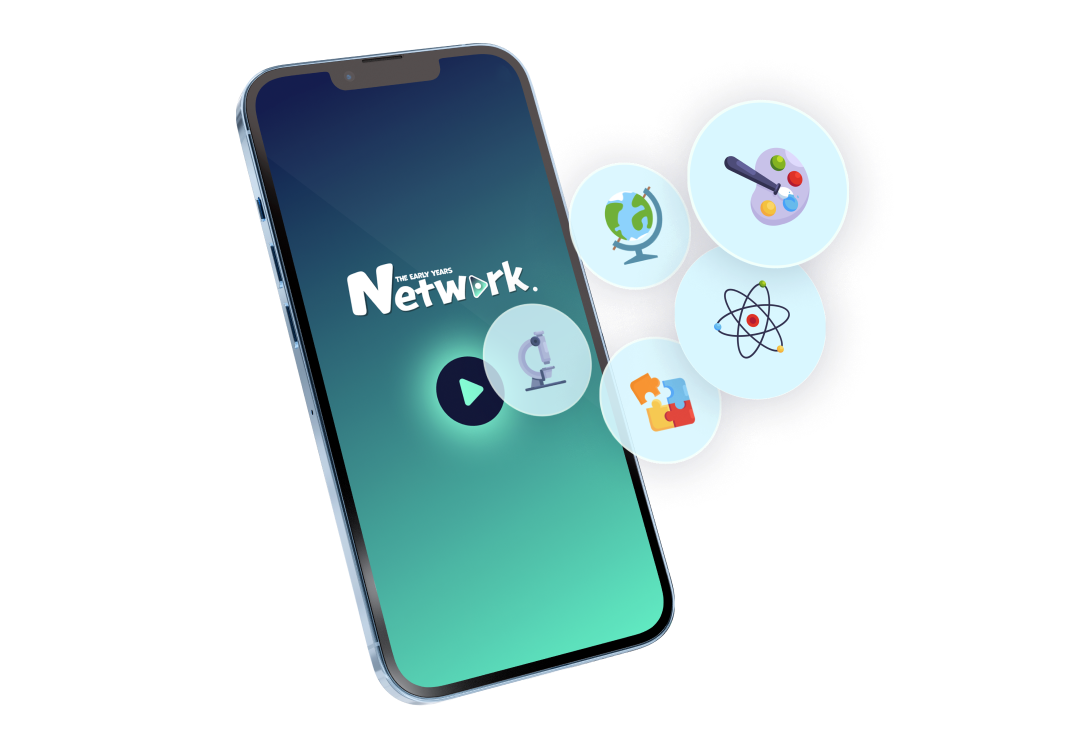3. Moral & Ethical Development
14:22
In this lesson, you will explore how moral and ethical development begins in early childhood and is shaped by the influence of parents, caregivers, peers, and educators. You will learn how role modelling, clear boundaries, and guidance help children develop a sense of right and wrong, empathy, and compassion. Peer interactions play a key role in reinforcing fairness, cooperation, and respect for others, while educators support this growth through discussions on justice, responsibility, and positive decision-making. By the end of the lesson, you will understand how these influences contribute to a child's self-identity, social responsibility, and motivation to learn.





